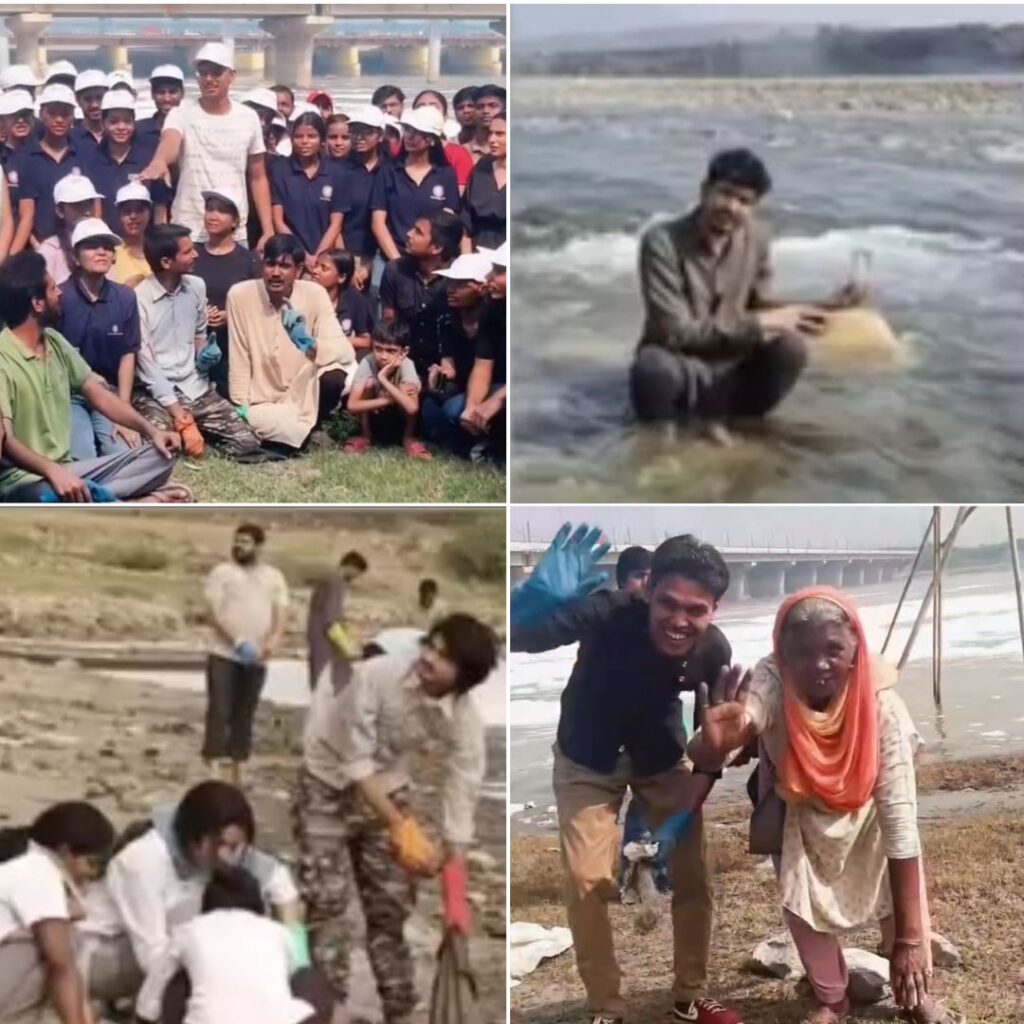India’s decision to implement a nation-wide lockdown to curb the spread of COVID-19 was ‘early’ and ‘far-sighted’, the World Health Organization’s (WHO) special envoy on the disease, Dr David Nabarro toldHindustan Times.
“The lockdown in India was quite early on, when there was relatively a small number of cases detected. This was really a far-sighted decision because it gave the whole country the opportunity to come to terms with the reality of this enemy,” Dr Nabarro said.
He added that it was a courageous step of the government to implement a lockdown so early, rather than waiting for three or four weeks.
“I think it is courageous of the government, honestly, to take this step and provoke this enormous public debate and let the frustration come out, to accept that there will be hundreds of millions of people whose lives are being disrupted. For poor people on daily wages, this is a massive sacrifice they are making. And to do it now at an early stage as opposed to waiting three or four weeks later when the virus is much more widespread, was very courageous,” he said.
The WHO envoy further said that it was imperative to manage lockdowns taking into consideration the social and economic consequences.
“In imposing major lockdowns, all governments are having to juggle with the need to really get on top of outbreaks quickly and, at the same time, ensure that people through the lockdown are not experiencing extreme impoverishment or shortage of food,” he said.
“There is growing recognition all across the world that we have to manage lockdowns very carefully. The size of some of these lockdowns is really massive, so having an integrated policy of lockdown management that deals with the social and economic consequences is always important,” he added.
He further said that the effectiveness of a lockdown depended on “how well-organised the basic community-level public health services and hospitals are.”
Stressing on the importance to act early, the WHO envoy said that when the outbreak grows, it becomes very taxing to manage.
“Everything starts at the community level, detecting people with disease and isolating them, finding their contacts and quarantining them, and maintaining, as far as possible, a ready state to respond to outbreaks very quickly, and widespread efforts to reduce opportunities of transmission through lockdowns,” he said.
“During a lockdown, you must build community capacity for interrupting transmission where its starts — in local communities — and I see it recognised in India,” he added.












